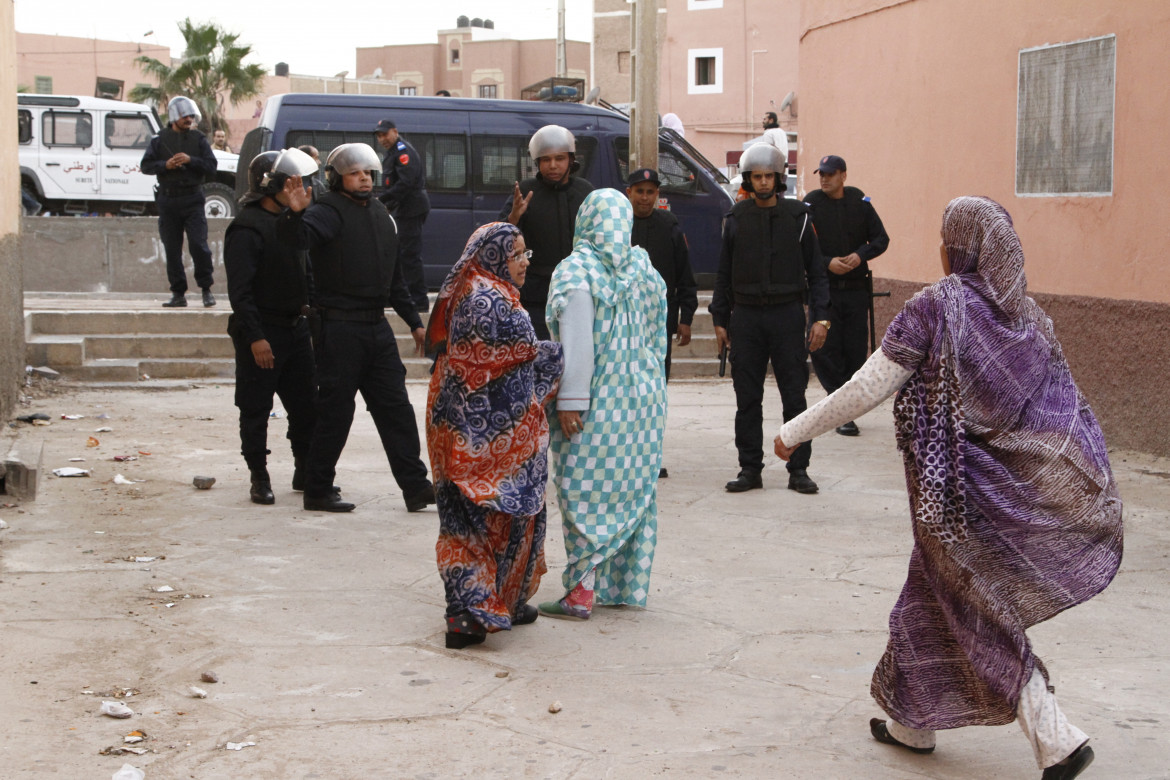Analysis
Trump’s intervention in Western Sahara draws ‘shock’ from his own party
The recognition of Morocco's sovereignty in exchange for the normalization of relations with Israel provoked anger and indignation around the world. It came via tweet.

“Morocco recognized the United States in 1777. It is thus fitting we recognize their sovereignty over the Western Sahara,” Donald Trump tweeted on Thursday, adding that he had signed a proclamation that ”reaffirms its support for Morocco’s serious, credible, and realistic autonomy proposal as the only basis for a just and lasting solution to the dispute over the Western Sahara territory.”
It was a recognition likely granted to the Kingdom of Morocco in exchange for the normalization by Rabat of its relations with the state of Israel within the Abrahamic Agreements, which have already been signed by Bahrain and the United Arab Emirates—although the Moroccan Foreign Minister, Nasser Bourita, has strongly denied this scenario.
On Friday, the government of the Sahrawi Arab Democratic Republic (SARD) “strongly” condemned the decision of the outgoing U.S. president, Donald Trump, to recognize to Morocco a sovereignty “that does not belong to it and it does not deserve,” according to a press release from the Sahrawi government. “This decision comes at a time when Morocco has just undermined the ceasefire agreement, following its blatant aggression against the Sahrawi people on November 13,” the statement added.
The Polisario Front deplored this unilateral choice by the now-outgoing President Trump—as was the case in the past when he proclaimed Jerusalem as the capital of Israel or recognized the occupied Syrian Golan Heights as Israeli territory—as a “further obstacle” to the efforts of the international community to find a peaceful solution to the ongoing conflict between the SARD and the Kingdom of Morocco.
Statements against Trump’s claims about recognizing Western Sahara as an “autonomous province of the Kingdom of Morocco” also came from the African Union. Its acting President, Cyril Ramaphosa, noted that this unequivocal statement is an attack on the African Union, its founding charter and its resolutions.
His remarks were tied to last week’s strong criticism of Morocco—pushed for by Nigeria, Kenya, Algeria, South Africa and Zimbabwe—with the explicit request “to arrive at a referendum on self-determination for the Saharawi people as soon as possible,” calling for the need to find a fair and lasting solution between the two member countries of the Union.
The official reactions from the European Union and the United Nations had the same tone. On Saturday, the Spanish Prime Minister, Pedro Sanchez, postponed an official visit to Rabat scheduled for December 17.
Accusations and criticism also came from the United States and the Republican Party itself, with Senator Jim Inhofe writing on his website that Trump’s decision is “shocking and deeply disappointing” because it does not reflect the position held before by the American administration, and said he was “saddened that the rights of the Western Sahara people have been traded away.”
On Friday, the UN General Assembly, during its 61st session, adopted a draft statement, not subject to a vote, on the issue of Western Sahara, in which it reaffirmed “the inalienable right of all peoples to self-determination and independence, in accordance with the principles set forth in the Charter of the United Nations and General Assembly resolution 1514 (XV) of 14 December 1960 containing the Declaration on the Granting of Independence to Colonial Countries and Peoples.”
“Regarding the already critical situation related to Western Sahara” said Colin Stewart, head of the MINURSO peace mission, during the session, “everything remains as in the agreement signed in 1991, which indicates that territory as occupied and provides for a referendum of self-determination to define the will of the Sahrawi people to freely decide their own destiny.”
Originally published at https://ilmanifesto.it/sul-sahara-occidentale-un-trump-scioccante/ on 2020-12-13
